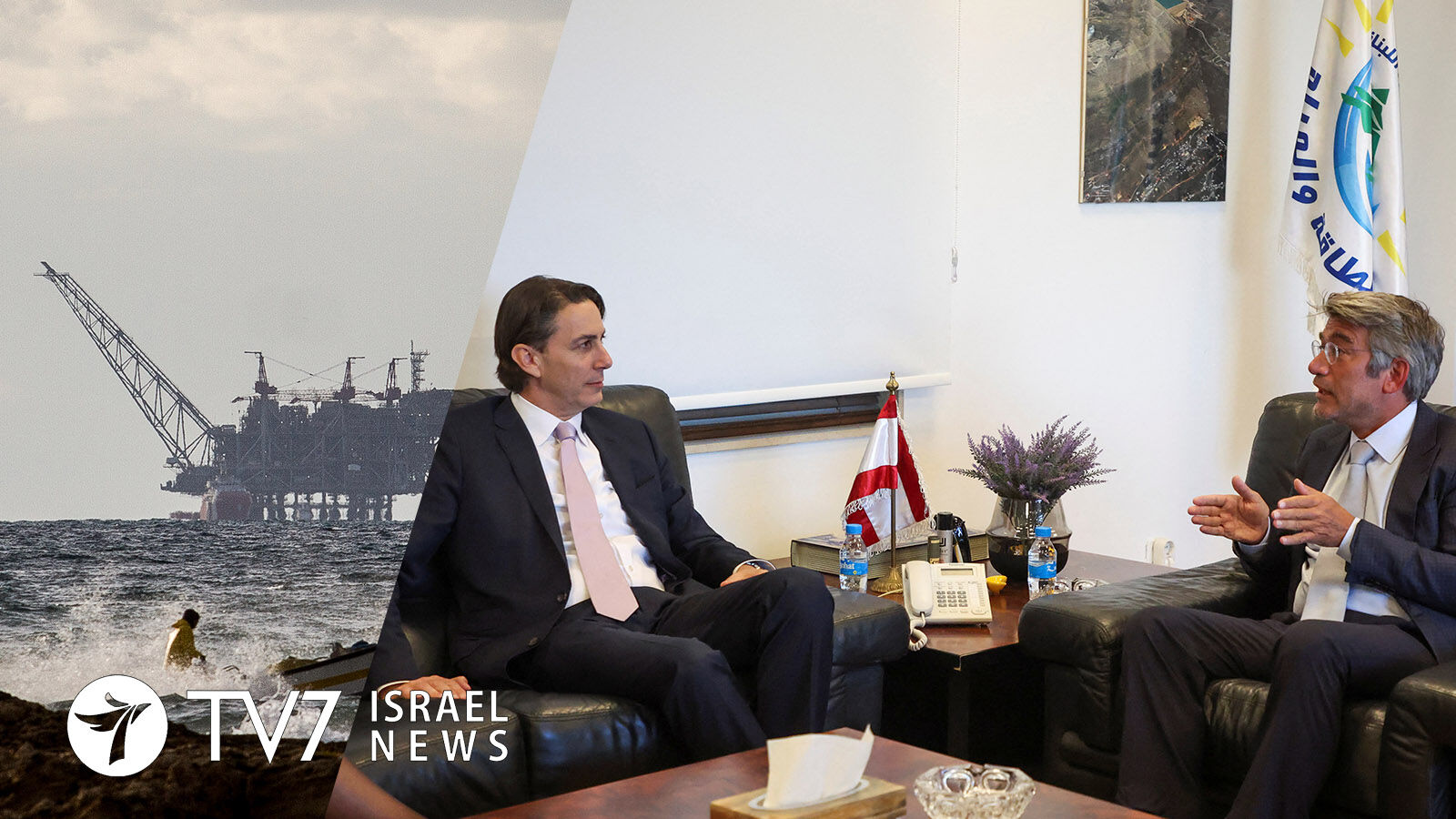Beirut is reportedly preparing to compromise on its demands over maritime gas resources in the Mediterranean Sea to resolve its ongoing dispute with Israel.
By Erin Viner
The two nations have been long deadlocked over competing claims to offshore reserves.
The United States has been trying to mediate indirect talks between the two sides in a process that began in 2000, in attempts to resolve the longtime conflict that has obstructed energy exploration in the eastern Mediterranean Sea.
At stake is a triangle of water resulting from Lebanon claims to an angle farther south while Israel’s claim runs farther north.
Revival of talks aimed at reaching a settlement in 2021 have stalled, after Beirut expanded its claim by around 1,400 square km (540 square miles) past a boundary known as “Line 23” over the initial Decree 6433 Lebanon submitted to the United Nations in 2011, including part of a gas field known as Karish.
US Special Envoy and Coordinator for International Energy Affairs Amos Hochstein, who was mediating the indirect talks, had proposed a field-swap that would create an S-shaped boundary instead of a straight line, but Lebanon failed to respond to the compromise to overcome the impasse.
Israel firmly maintains that Karish is part of its exclusive economic zone (EEZ) while Lebanon insists it is in contested waters and should not be developed until the two countries conclude their indirect talks to delineate their maritime borders.
Lebanon was outraged when a a floating production storage and offloading vessel operated by London-based Energean arrived off the Israeli coast on 5 June at Karish, which is about 80 km (50 miles) west of the Israeli city of Haifa. The hydrocarbon exploration and production company said it plans to bring the field online in the third quarter.
Hochstein landed in Beirut on Monday at the invitation of the Lebanese government in renewed efforts to resolve the conflict. He met with Caretaker Energy Minister Walid Fayad and Deputy Speaker of Parliament Elias Bou Saab soon after his arrival, but has so far issued no public statements on the matter.
Three Lebanese officials with knowledge of the negotiations told the Reuters news agency that their government is now preparing to ready to offer a new offer including a dropped claim to Line 29.
Following a meeting with President Michel Aoun yesterday, independent Member of Parliament (MP) Mark Daou said the Lebanese leader said he “cannot insist on Line 29″ as a starting point; the premise of which is considered as a “non-starter” for the US.
“President Aoun told us that Lebanon does not have the technical foundations on which to construct a case for Line 29 because previous governments had failed to produce formal documentation to maintain this position,” Daou told Reuters.
The sources say that in today’s slated meeting with Hochstein, Aoun will re-set his nation’s claim to “Line 23, plus a little more.” One of the officials specified that Aoun’s position would delineate an additional 300 square kilometers over Line 23 that would includes the Qana field but not Karish. The Lebanese leader is also expected to demand an immediate halt to all Israeli development at Karish until negotiations during indirect talks have been concluded, two of the officials said.
“When the Lebanese state says that the Israelis are assaulting our waters and our oil, then we are ready to do our part in terms of pressure, deterrence and use of appropriate means – including force,” threatened Hezbollah Deputy Secretary General Sheikh Naim Qassem earlier this month.
While Hezbollah “urged the government to hurry up” and set a deadline for a “a decisive decision” on the matter, Naim stressed that Hezbollah would act “no matter the responses” even if it led to a broader conflict.
The terror group is believed to posses an arsenal that exceeds that of the Lebanese Armed Forces.
